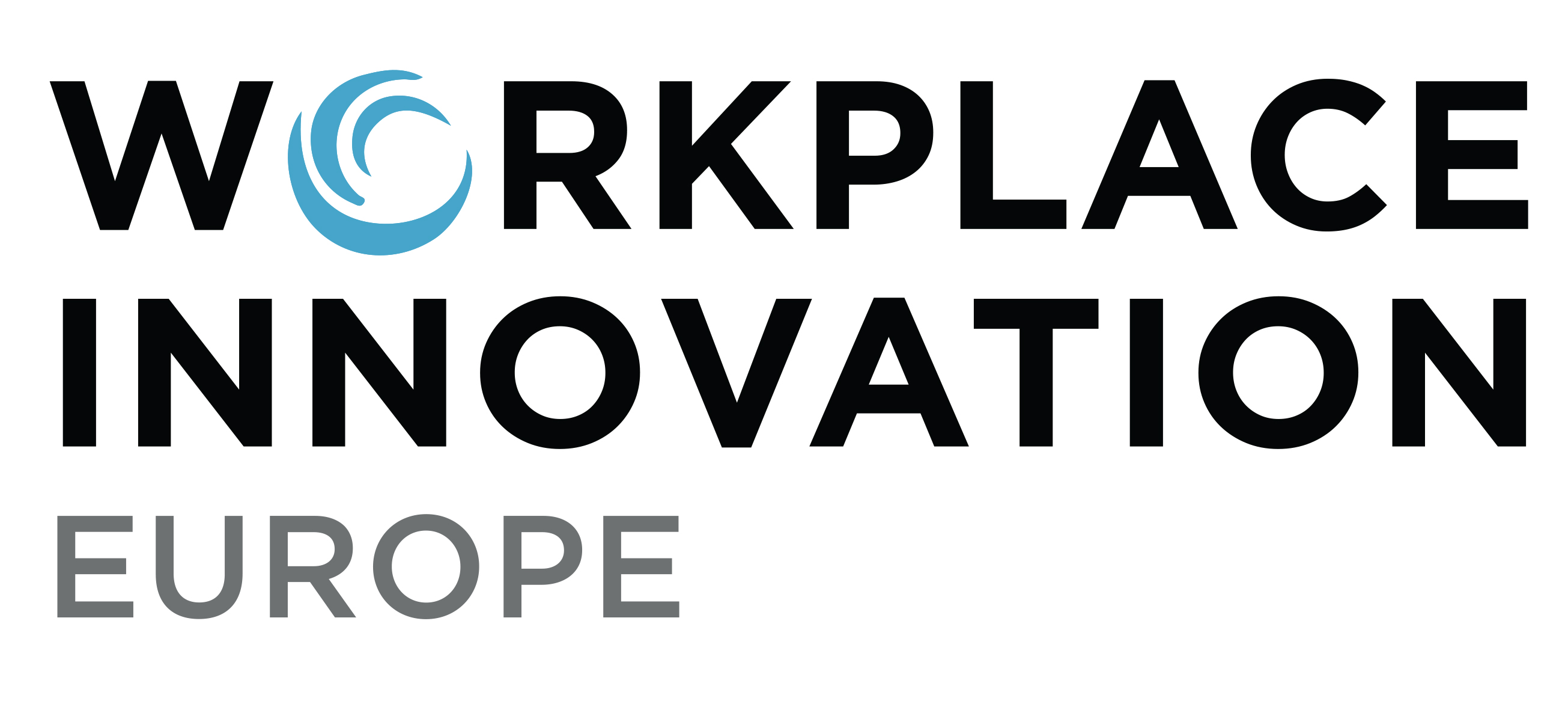Leadership in a time of business uncertainty
Inspiring business leaders are not hard to find, but survey evidence and experience suggest that they are far from the norm.
Achieving business success and sustainability in uncertain times means challenging established practices, mindsets and behaviours, and this needs leaders with the knowledge, skills and confidence to engage others in driving innovation and change.
A clear and consistent view of leadership and leadership development is required, one informed by evidence and practical experience alike.

Empowering others. Earlier theories emphasised ‘transformational’, ‘charismatic’, ‘visionary’ and ‘inspirational’ leadership. Yet organisations seeking to engage the full range of workforce talent and to encourage entrepreneurial behaviours are abandoning such approaches in favour of shared and distributed (or ‘Co-Created’) leadership. This is integral to workplace innovation by providing everyone with the opportunity to lead in areas which reflect their own expertise or initiative, whether strategic, innovative or operational, while understanding and aligning their actions with those of others.
Tacit and strategic knowledge. Senior leaders possess strategic knowledge and awareness of, for example, the markets, stakeholders and horizon technologies on which future competitiveness depends. However, the knowledge and understanding of ‘what works’ in practice (‘tacit knowledge’) often lies with the workforce as a whole. Effective leaders understand that both strategic and tacit knowledge are required for robust and sustainable decision-making and implementation. They champion a culture of openness, dialogue and ‘employee voice’ throughout the organisation.
Emotionally intelligent and resilient leadership. Engaging and empowering others in the organisation to lead requires a distinctive set of personal competencies including listening and communication skills, the ability to understand and engage with differing perspectives, and an eagerness to embrace the better argument irrespective of its source. It also requires coaching behaviours and a capacity for building social capital within the organisation, leading through dialogue and shared understanding rather than by command.
Knowledge into practice. Traditional leadership development courses can deliver important knowledge and skills but these only add value to the company when participants are given the opportunity to put them into practice. Our approach to leadership development, including the delivery of programmes over the past 17 years, has always been one which blends formal learning with practical action, enhanced by peer-to-peer support. In short, we bring rich experience to delivering the action-oriented approach.
Business exists in society. All businesses exist in an organic relationship with their host society, and by acting in ways that strengthen their local labour markets, business ecosystems and communities they reap tangible benefits including reputational capital, peer support, and becoming an employer of choice.
